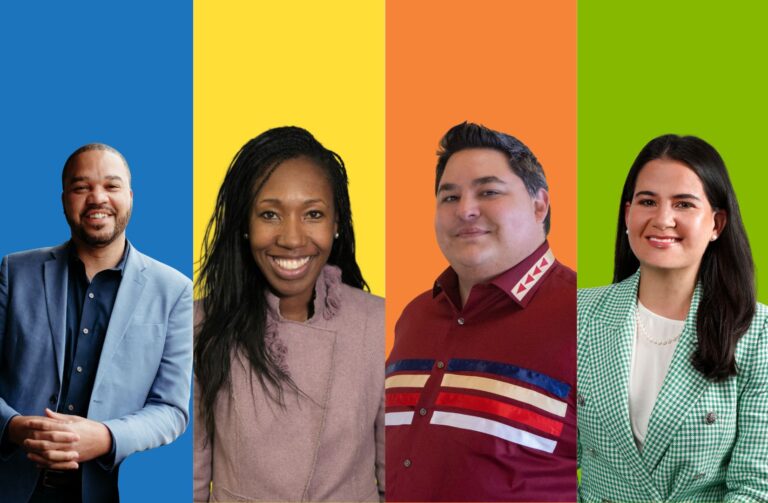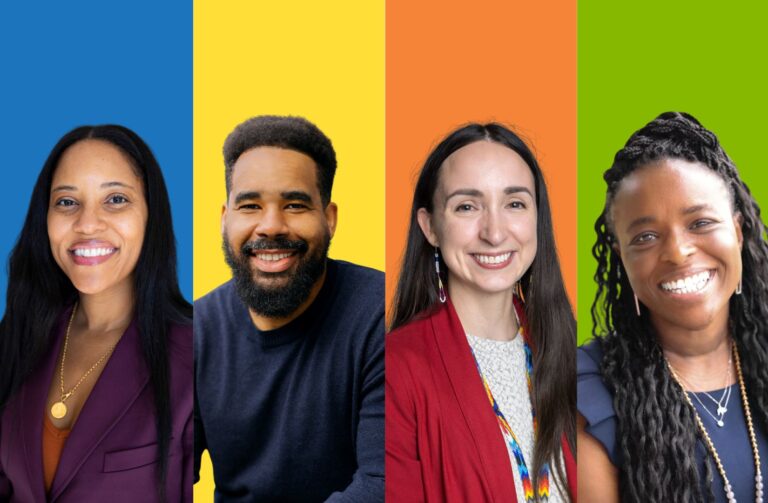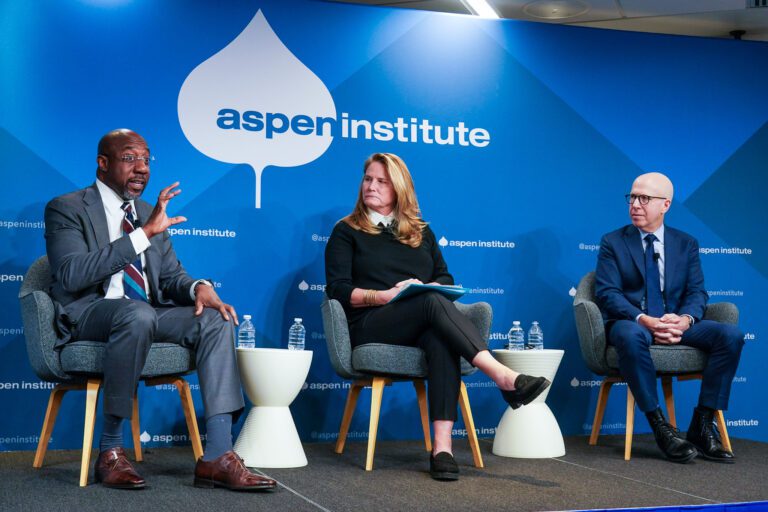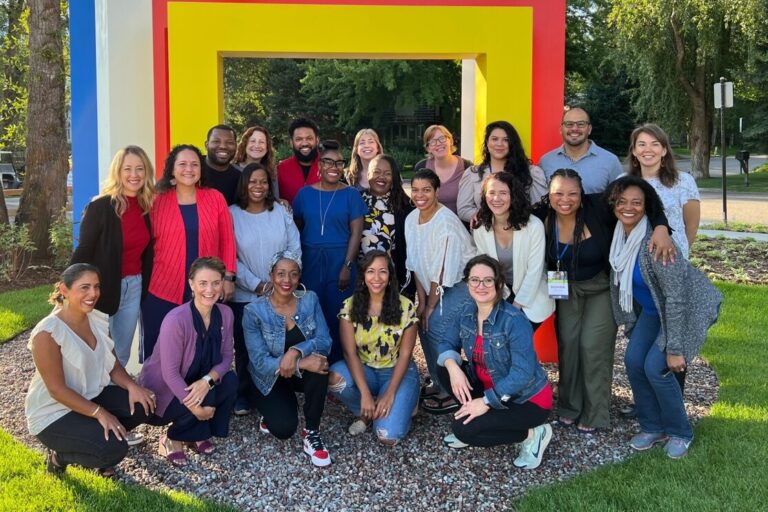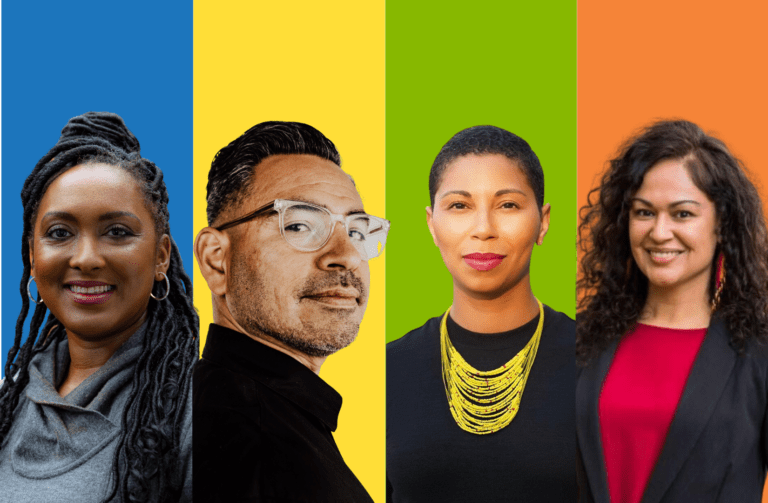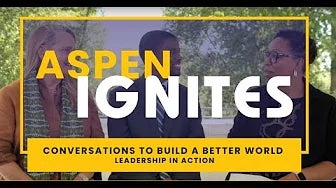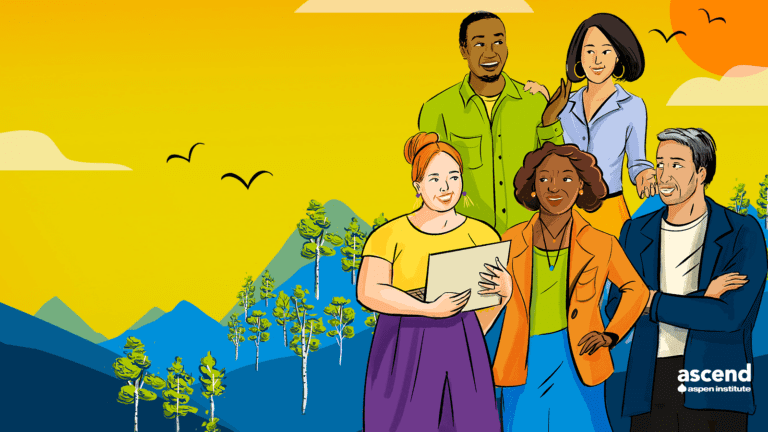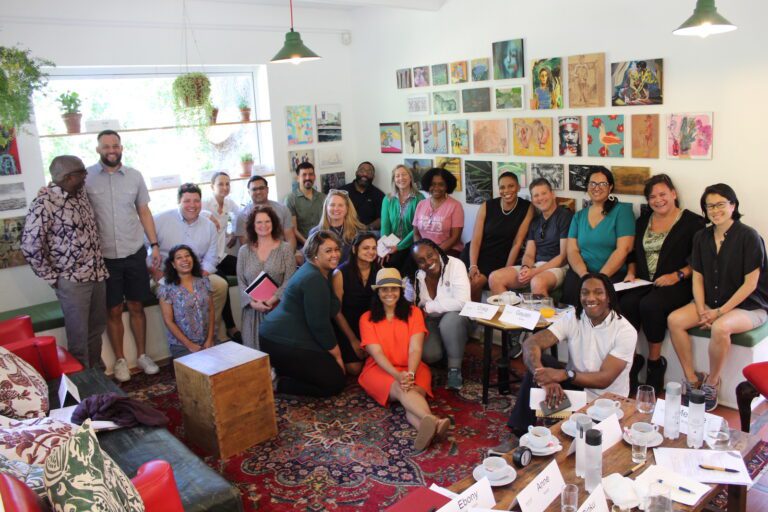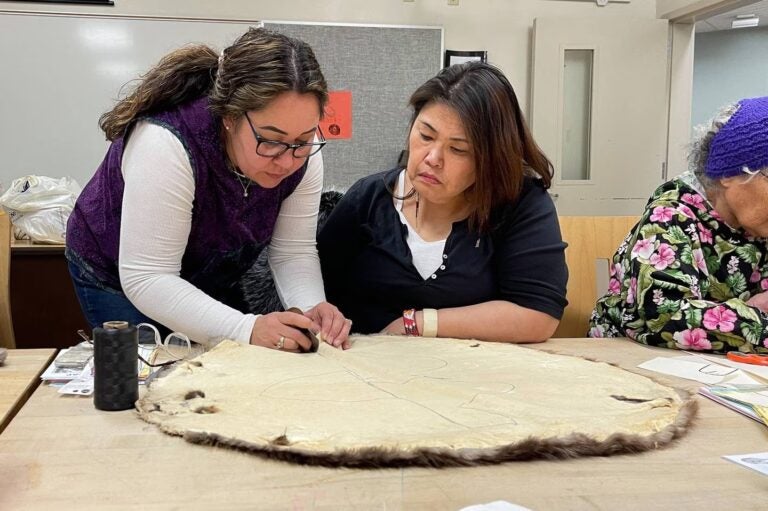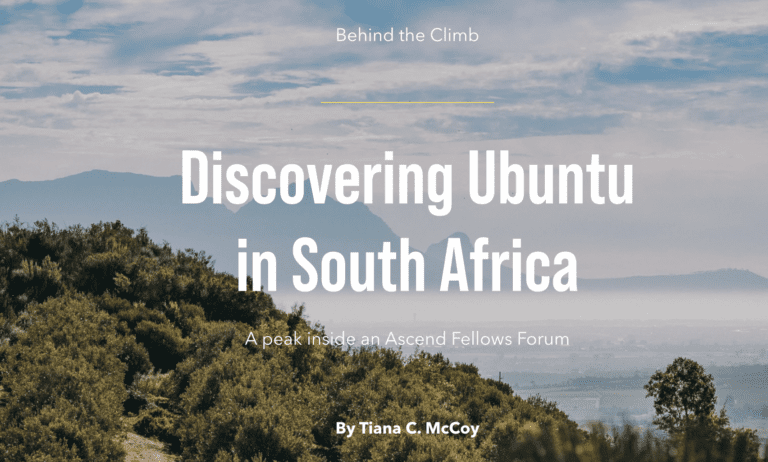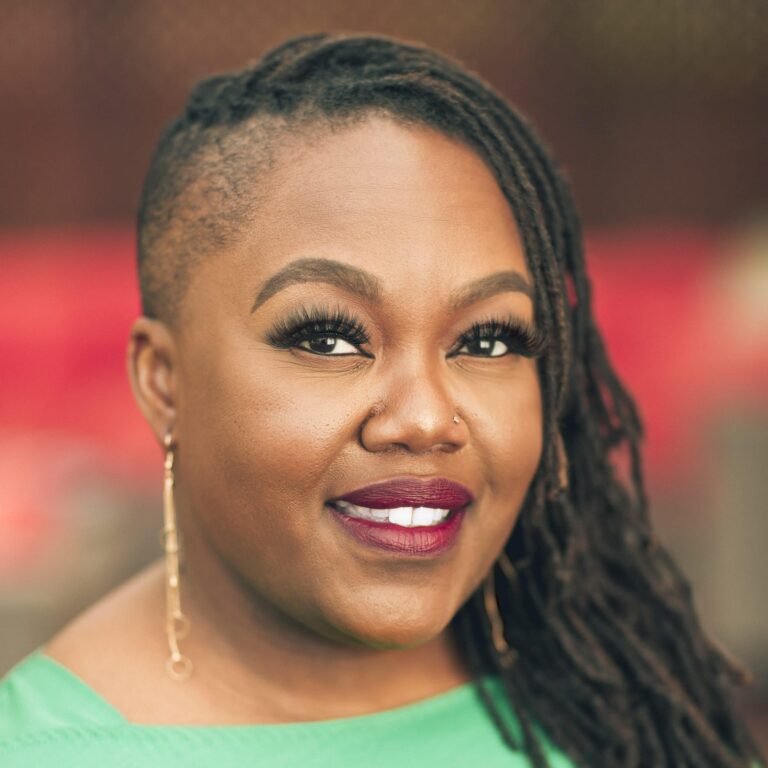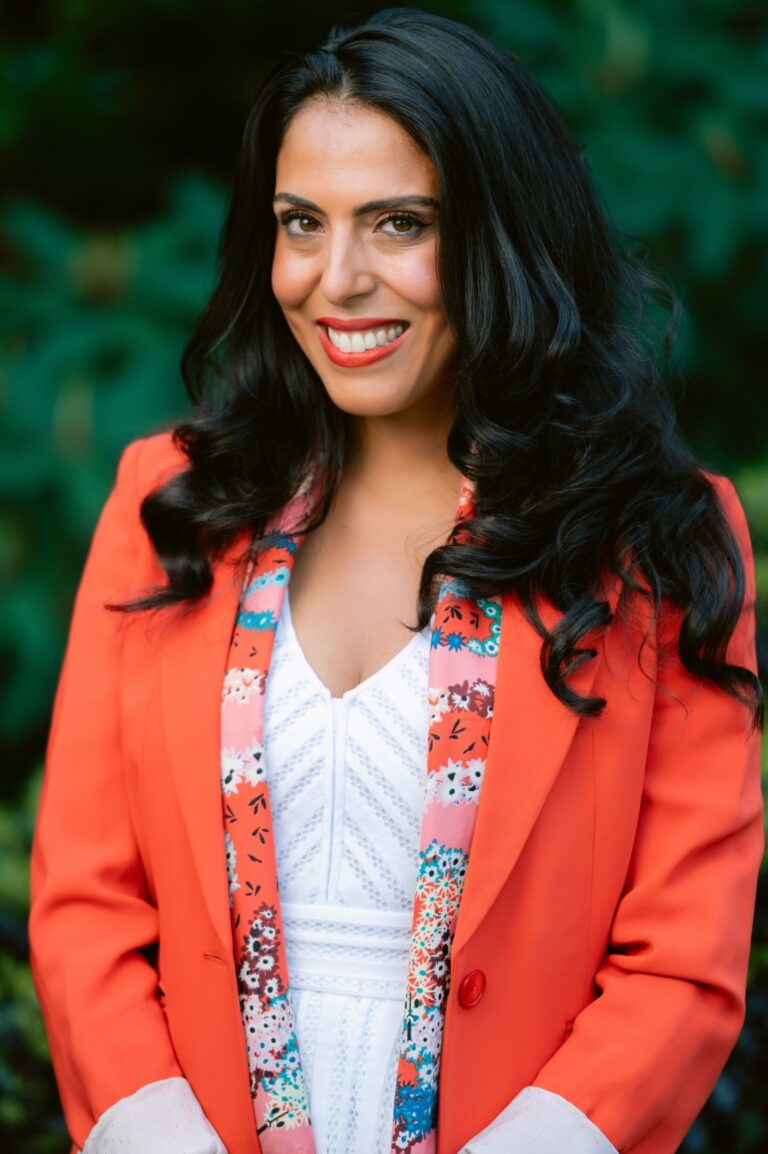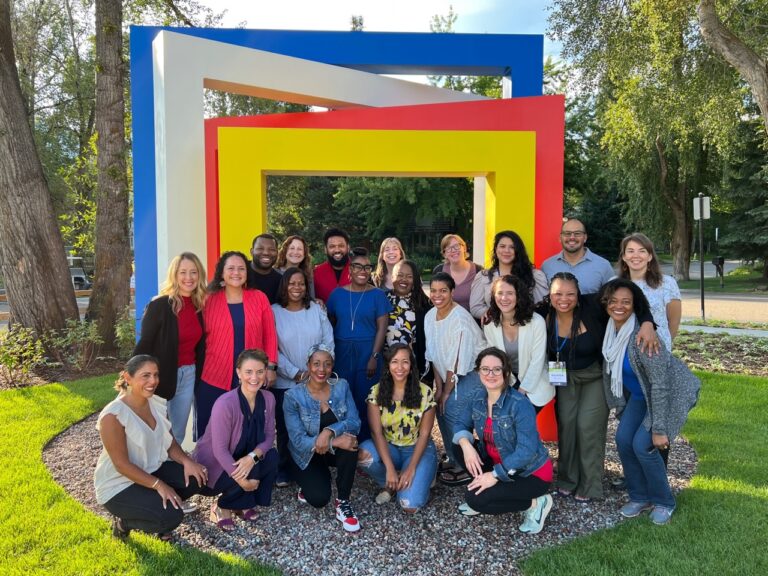Four Outstanding Projects Selected for Ascend Impact Fund
Four outstanding organizations and partnerships have been selected to receive flexible grant funding to accelerate their work moving children and families with low incomes toward educational success, economic security, and health and well-being.
Ascend Impact Fund awardees are:
- Association of Children’s Museums and Center for Community Resilience
- Center for Urban Families, Early Childhood Innovation Network, and Center for Community Resilience
- Climb Hire
- mindSpark Learning
“The Ascend Impact Fund is an extension of our investment in values-driven leadership to advance economic mobility and well-being for children and families. Ascend Fellows are transforming inequitable and antiquated programs, systems, and policies to rebuild family prosperity pathways in the face of the devastating and inequitable impact of COVID-19.”
Anne Mosle, vice president, Aspen Institute, and executive director, Ascend at the Aspen Institute
Impact Fund resources are intended to be catalytic capital to accelerate Fellows’ work where flexible resources could help drive results or meet a critical need.
Ascend Impact Fund projects:
- Advance racial equity and inclusion and incorporate a gender lens and intersectional approach
- Draw upon the experience and expertise of families and communities
- Leverage strategic collaboration
“I’m so proud that Climb Hire is part of the Ascend Impact Fund,” said Climb Hire founder Nitzan Pelman. “This work sets us up to offer more Climbers skills that open doors for economic opportunity and mobility for them and their families.”
“Recognizing that a belief in white supremacy is the foundation for structural racism that fuels our nation’s long-standing public health and social inequities, the Center for Community Resilience and Association of Children’s Museums are working with partners in Cincinnati, Ohio to facilitate a process of truth and reconciliation,” said George Washington University Center for Community Resilience director Wendy Ellis, DrPH, MPH. “This innovative, 2Gen, community-based initiative aims to foster healing and build political will to produce a more just and equitable nation.”
Learn more about Ascend Impact Fund projects below.
Building Community Resilience Through Truth and Reconciliation: A Call to Partnership
The Center for Community Resilience (CCR) in the Milken Institute School of Public Health at the George Washington University and the Association of Children’s Museums (ACM) envision a nation of resilient, equitable communities where the experience and expertise of families drive practice and policy. To build upon the inherent resilience of families for a more equitable Cincinnati, CCR and ACM are partnering to pilot a place-based process of racial truth and reconciliation with families and communities in Cincinnati, Ohio. Stakeholders will leverage CCR’s coalition building and ACM’s programmatic expertise to create a shared understanding of the region’s history of structural racism, examine the impact of racial trauma on their communities, and develop a policy and advocacy platform to dismantle structural racism. This initiative will be carried out in partnership with the following community-based organization and coalitions:
- All-In Cincinnati
- Center for Truth, Racial Healing, and Transformation at the University of Cincinnati
- Cincinnati Museum Center
- Cincinnati Public Schools
- Elementz
- Joining Forces for Children
- Learning Through Arts
- National Underground Railroad Freedom Center in Cincinnati
Building Community Resilience Through Truth and Reconciliation: A Call to Partnership is being led by Ascend Fellows Laura Huerta Migus – executive director of the Association of Children’s Museums and Wendy R. Ellis, DrPH, MPH – director of the Center for Community Resilience in the Milken Institute School of Public Health at the George Washington University.
Climb Hire
Climb Hire trains overlooked, diverse, and hidden talent for in-demand roles in the Salesforce ecosystem. With over 225 hours of soft and technical skills training, Climbers gain skills to pursue careers in fields including business development, sales, marketing, customer success, information technology, and human resources. Within two months of completing the program, the pilot cohort saw 62 percent of Climbers secure employment or internship opportunities that at least doubled their incomes. Climbers are between ages 24-33, come from BIPOC communities, and are either unemployed or earn minimum wage.
Climb Hire allots 75 dollars weekly for emergency funds and offers flexible online scheduling to accommodate participants with needs that include caregiving responsibilities. But the organization knows it can do more to support families holistically. Climb Hire is conducting an audit of organizational policy and practices to ensure a program model that is accessible to caregivers and supportive of their responsibilities. Approximately 20 percent of Climbers to date have identified as caregivers. With a refined model incorporating recommendations to more effectively engage families, Climb Hire plans to increase the share of Climbers with caregiving responsibilities in 2021 and beyond.
Ascend Fellow Nitzan Pelman is founder and CEO of Climb Hire.
reSOLVE for Families in Native Communities
As a result of public health guidance around the COVID-19 health crisis, many families find themselves navigating remote learning. In BIPOC communities, many families face this option in isolation and without adequate resources to support their children’s healthy development and maintain their own professional and personal commitments. Through reSOLVE for Families in Native Communities, mindSpark Learning (mSL) will work with families to co-design and develop solutions and partnerships to support families this school year. Participating families will be offered up to two flexible, solutions-based, equity-driven virtual engagements per month on the following topics and others to be added based on community needs:
- Best practices for at-home instruction (i.e. brain breaks, scheduling, supporting independent learning, screen time management)
- Advocacy tips for communicating with school administrators
- Social emotional learning skills for children and caregivers and strategies to support whole family physical and mental health
- Strategies for supplementing curriculum by supporting whole child development (i.e. free time, play time, independent reading, passion projects, socializing, service learning, problem-based learning)
- Building a network of families for social capital building and resource sharing
mSL will deliver reSOLVE programming to Native communities on at least three reservations in South Dakota – home to nearly 40,000 members of the Sicangu and Oglala Lakota Tribes.
mindSpark Learning is delivering reSOLVE for Families in Native Communities in partnership with Ascend Fellows John Farnam, community investment liaison at Morgridge Family Foundation and Michelle Sarche, PhD associate professor at the University of Colorado School of Public Health Centers for American Indian and Alaska Native Health.
The Baltimore-Washington Parent Learning Network
Baltimore’s Center for Urban Families (CFUF), Washington, DC’s Early Childhood Innovation Network (ECIN), and the Center for Community Resilience (CCR) in the Milken Institute School of Public Health at the George Washington University are partnering to facilitate a two-generation learning network across ecosystems to create conditions under which caregivers, especially fathers, are able to support their children’s academic and social-emotional success in remote learning environments necessitated by the COVID-19 pandemic. Combining resources and expertise – the Network will convene family serving organizations and caregivers to identify strategies that set conditions for caregivers to support their children’s remote schooling, co-create two-generation strategies to support children’s healthy development and families’ well-being, and build upon the inherent resilience of families and communities most impacted by the pandemic.
Over 12 months, the Network will:
- Gather qualitative data on fathers’ experiences supporting their children’s academic and social-emotional success
- Evaluate the effectiveness of short-term interventions to support families navigating distance learning
- Conduct a detailed literature review to establish a research base on fathers’ roles in children’s healthy development
- Explore opportunities to pilot strategies in partnership with Baltimore City Public Schools and DC Public Schools
- Work with families to build caregiver capacity to advocate for public education and policy platforms that build upon the inherent resilience of their families and communities
The Baltimore-Washington Parent Learning Network is being led by Ascend Fellows Joseph T. Jones – founder, president and CEO of the Center for Urban Families; Matthew G. Biel, MD, M.Sc. – chief of child and adolescent psychiatry at MedStar Georgetown University Hospital and associate professor at Georgetown University School of Medicine; and Wendy R. Ellis, DrPH, MPH – director of the Center for Community Resilience in the Milken Institute School of Public Health at the George Washington University.
Related Posts
